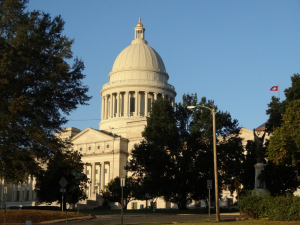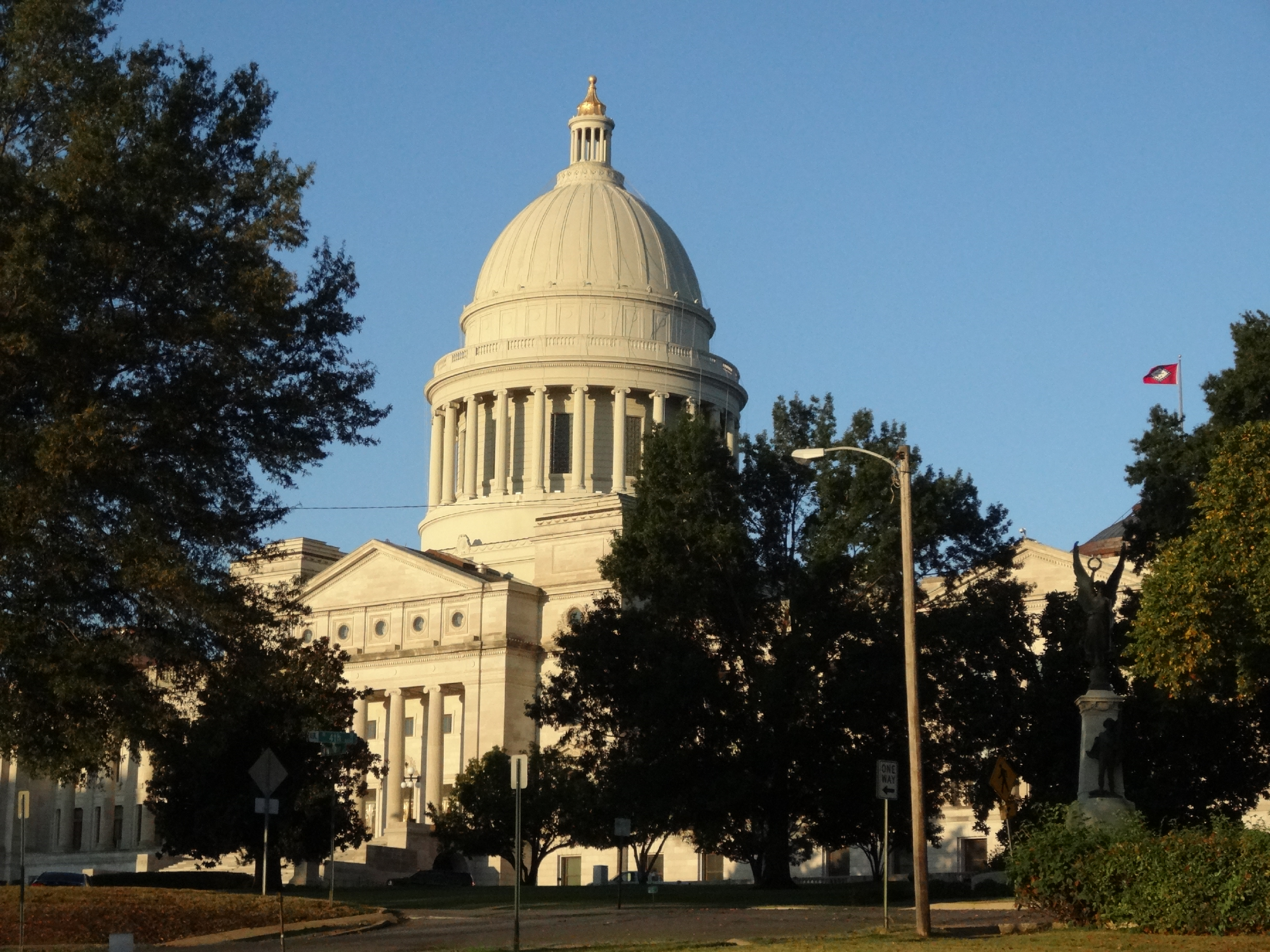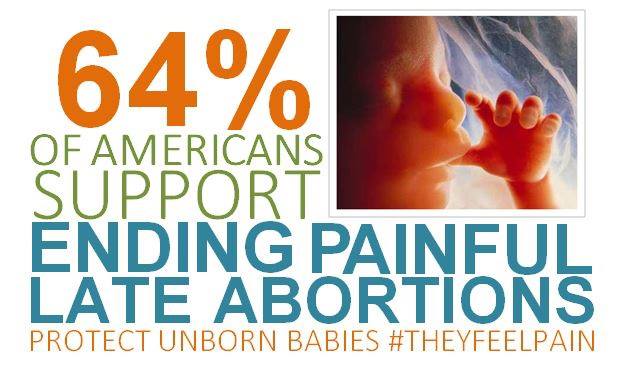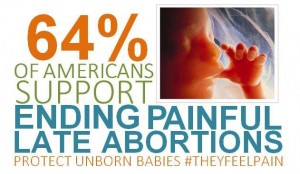 Recently the Arkansas Department of Education changed the process home schooled students follow when applying for a driver’s license, despite the fact state laws governing the process have not changed.
Recently the Arkansas Department of Education changed the process home schooled students follow when applying for a driver’s license, despite the fact state laws governing the process have not changed.
Arkansas Code Section 27-16-701(d)(2) says home schoolers under the age of eighteen must present “a notarized copy of the written notice of intent to home school” when applying for a driver’s license; this law has been on the books for quite some time, and it has not changed or been amended. However, the Arkansas Department of Education removed the notary section from the 2016-2017 Notice of Intent to Home School, making it difficult for home schoolers to comply with this portion of the law.
The department also says home schoolers must now provide a signed copy of the Notice of Intent when they apply for a driver’s license rather than a notarized copy, despite state law to the contrary; the State Board of Education has proposed rules and regulations to this effect for home schoolers as well, again, despite state law saying the Notice of Intent must be notarized rather than merely signed.
These new rules from the Department of Education and the State Board of Education create a dilemma for home schoolers, because they contradict state laws passed by the Arkansas Legislature. These new rules from the Department of Education contain requirements not found in state law and essentially ask home schoolers to violate the law when applying for a driver’s license.
Altogether, we feel these department rules are not consistent with Arkansas’ Home School Law or Arkansas’ laws governing driver’s licenses, and we are working to correct the situation.
The Arkansas Department of Education will hold a hearing Friday, July 29, 2016, at 1:30 P.M. in downtown Little Rock at the Department of Education’s auditorium to discuss these new rules and regulations for home schoolers. This hearing is open to the public, and participants will be allowed to voice their opinions or submit written opinions to the Arkansas Department of Education.
We are already providing written comments to the department and have been in communication with the commissioner of the Department of Education, Johnny Key. Hopefully, we will have solved this problem before the hearing occurs, but anyone who wants to attend the hearing to voice their concerns may do so.
You can read the proposed rules and regulations here (the portions related to driver’s license applications are on the final page). You can submit written comments ahead of the hearing to Jennifer Davis at ADE.RulesComments@arkansas.gov.
We have been working with the Arkansas Department of Education to correct this situation, and we plan to continue to work with them and other state agencies as necessary to ensure state rules and regulations are consistent with our state’s home school laws so that home schoolers are not placed in the difficult position of choosing between obeying the law and obeying a state regulation. Unlike many home school groups in other states, we have enjoyed an excellent relationship with the Home School Office at the state Department of Education for a number of years. We trust the Department of Education will work with us and all home schoolers to resolve this situation quickly.
READ MORE
 According to the Denver Post, prosecutors in Colorado have charged three men in the case of a marijuana-related shooting that occurred earlier this month.
According to the Denver Post, prosecutors in Colorado have charged three men in the case of a marijuana-related shooting that occurred earlier this month.


 Recently the Arkansas Department of Education changed the process home schooled students follow when applying for a driver’s license, despite the fact state laws governing the process have not changed.
Recently the Arkansas Department of Education changed the process home schooled students follow when applying for a driver’s license, despite the fact state laws governing the process have not changed.
 Lawmakers in Illinois have passed legislation that would force pro-life doctors to do abortion referrals.
Lawmakers in Illinois have passed legislation that would force pro-life doctors to do abortion referrals.